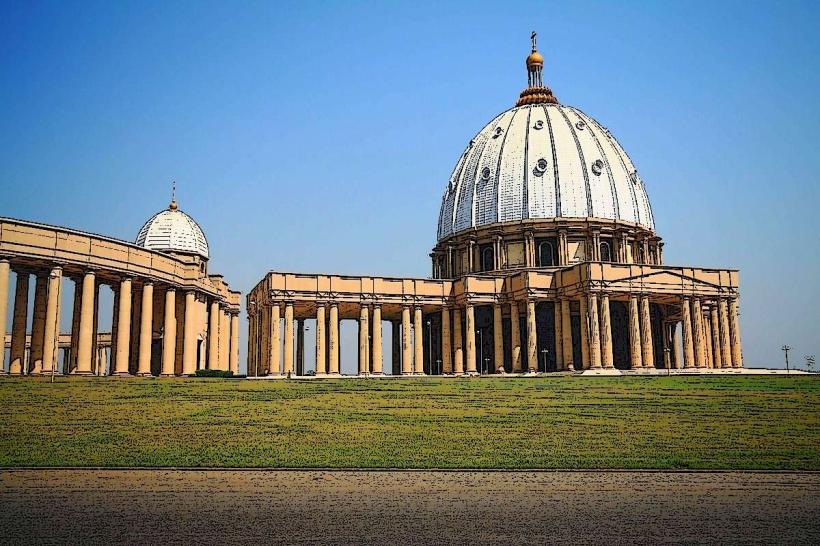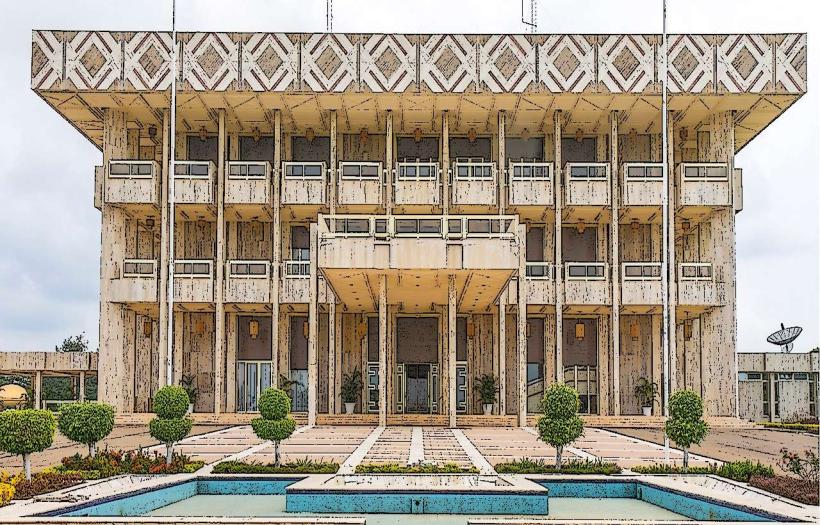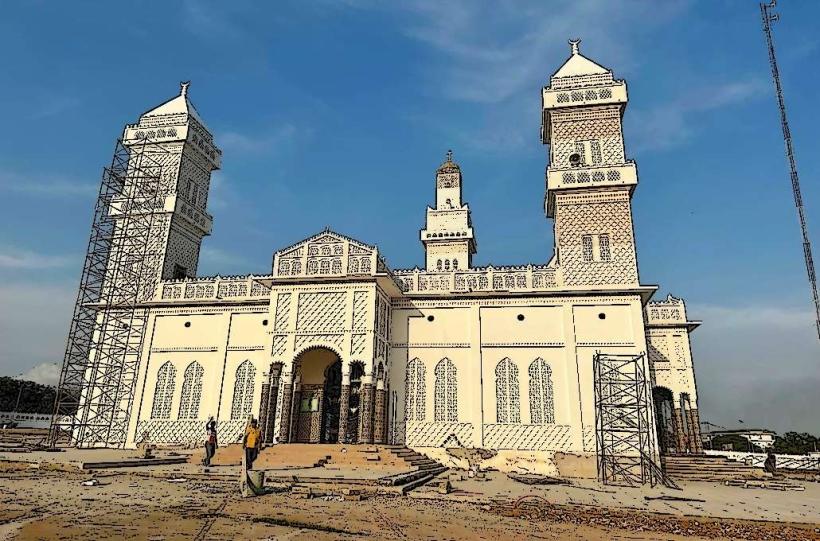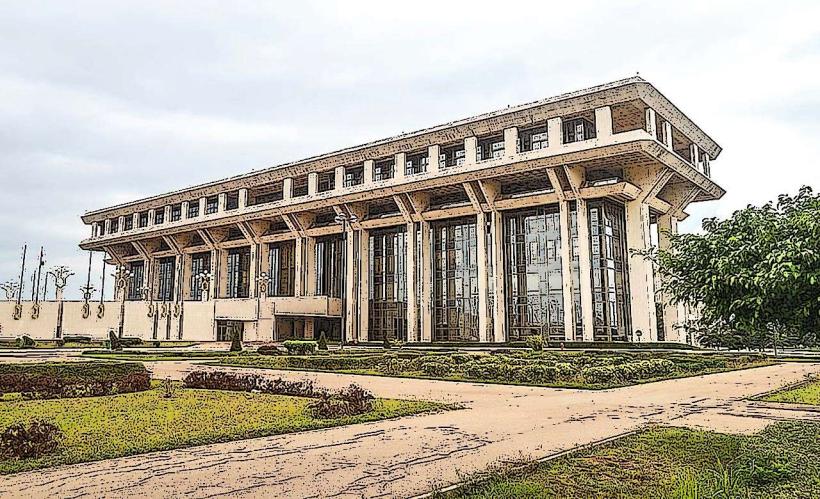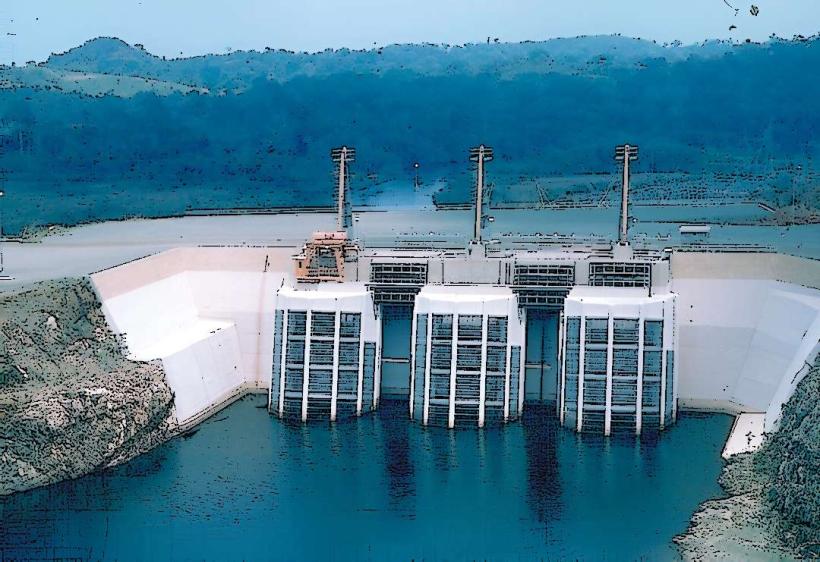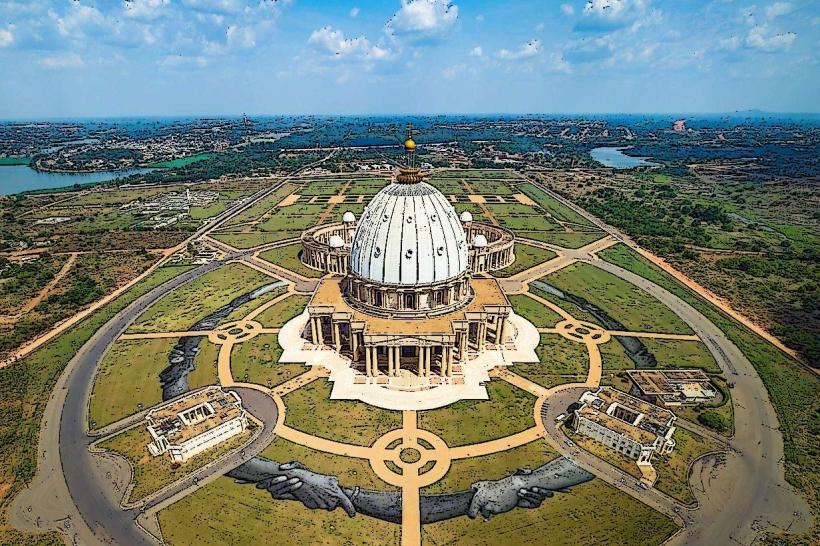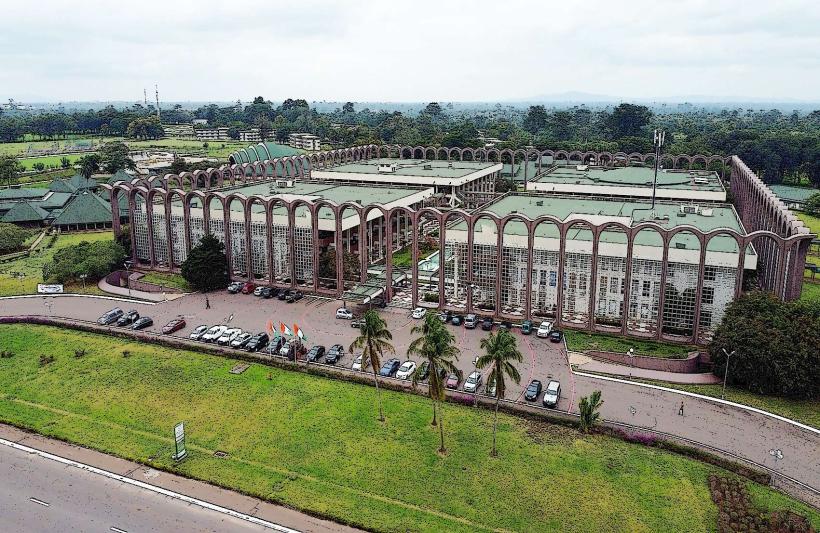Information
Landmark: Crocodile LakeCity: Yamoussoukro
Country: Cote d-Ivoire
Continent: Africa
Crocodile Lake, Yamoussoukro, Cote d-Ivoire, Africa
Crocodile Lake (also known as Lake Tembi or Lac des Crocodiles) is a notable natural attraction located near Yamoussoukro, the political capital of Côte d'Ivoire. This lake is famous for its population of crocodiles, which are considered sacred and are an integral part of the local culture.
Key Details about Crocodile Lake:
1. Location and Access
Crocodile Lake is situated about 12 kilometers (7.5 miles) from Yamoussoukro, in a rural area surrounded by lush vegetation.
The lake is easily accessible from the capital, and many visitors to Yamoussoukro often make a trip to the lake to see the crocodiles and enjoy the peaceful natural environment.
2. Crocodiles and Local Culture
The lake is home to a large population of Nile crocodiles, which can be seen basking on the banks or swimming in the water.
The crocodiles at this lake are considered sacred by the local Baoulé people, who live in the surrounding area. According to tradition, these crocodiles are seen as protectors and symbols of power, and they are revered as a part of the community’s spiritual beliefs.
It is common for visitors to observe the crocodiles up close, and there is a sense of reverence toward the animals, who are viewed as calm and non-aggressive.
3. Tourist Experience
Tourists can visit Crocodile Lake to observe the crocodiles in their natural habitat. There are local guides who offer tours, explaining the cultural significance of the crocodiles and the importance of the lake to the community.
Visitors may be able to feed the crocodiles, which are trained to come close to the shores for food. The crocodiles are well accustomed to human presence, although caution is always advised.
The lake itself is peaceful and picturesque, surrounded by dense vegetation and providing a serene environment for visitors to relax or enjoy nature.
4. Ecological and Environmental Importance
Crocodile Lake is an important ecological site, home to not only crocodiles but also other wildlife, including a variety of bird species and smaller aquatic animals.
The lake and its surrounding area contribute to the biodiversity of the region and serve as a natural habitat for these species.
5. Cultural and Religious Significance
The Baoulé people and other local groups have long believed that the crocodiles at the lake are sacred creatures, and they are often associated with traditional ceremonies and rituals.
Local lore and myths about the crocodiles are passed down through generations, adding an element of mysticism to the lake's reputation.
6. Conservation and Protection
There are efforts to protect the crocodile population and their habitat, as the lake is an important part of the natural and cultural heritage of the region.
However, like many other wildlife attractions, the lake faces challenges related to human encroachment and environmental changes. Local authorities and conservationists work to maintain the ecological balance and preserve the crocodile population.
Conclusion:
Crocodile Lake is a fascinating destination near Yamoussoukro, blending nature, wildlife, and cultural significance. For anyone visiting the area, it offers a unique opportunity to see crocodiles in their natural environment while learning about the local traditions and beliefs surrounding these creatures.

